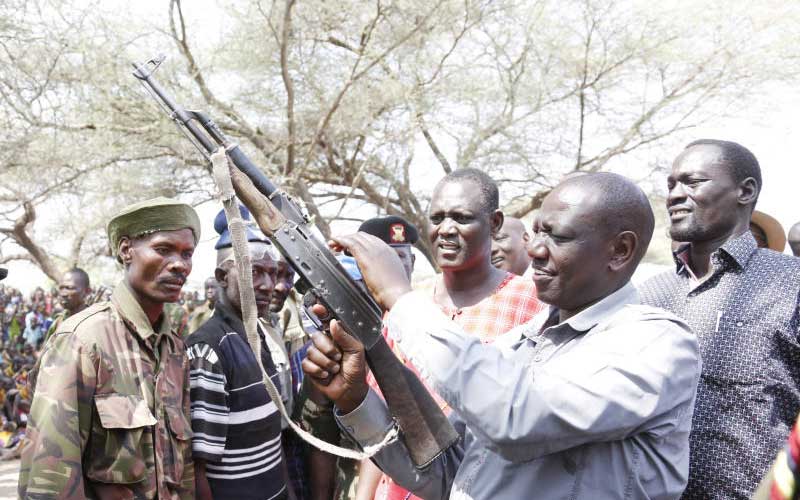×
The Standard e-Paper
Stay Informed, Even Offline

Every year the world spends up to $2 trillion on weapons that are primarily designed to maim and kill.
We live in a very dangerous world and it is getting easier all the time to access these weapons of destruction. Kenya’s military spending in 2018 was Sh109.7 billion and the 2019/20 budget almost certainly increased expenditure.